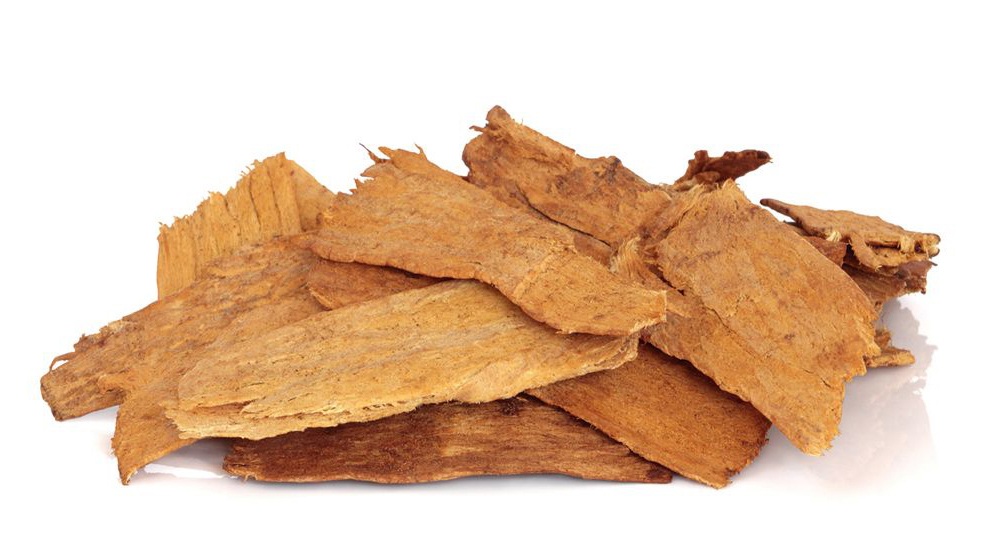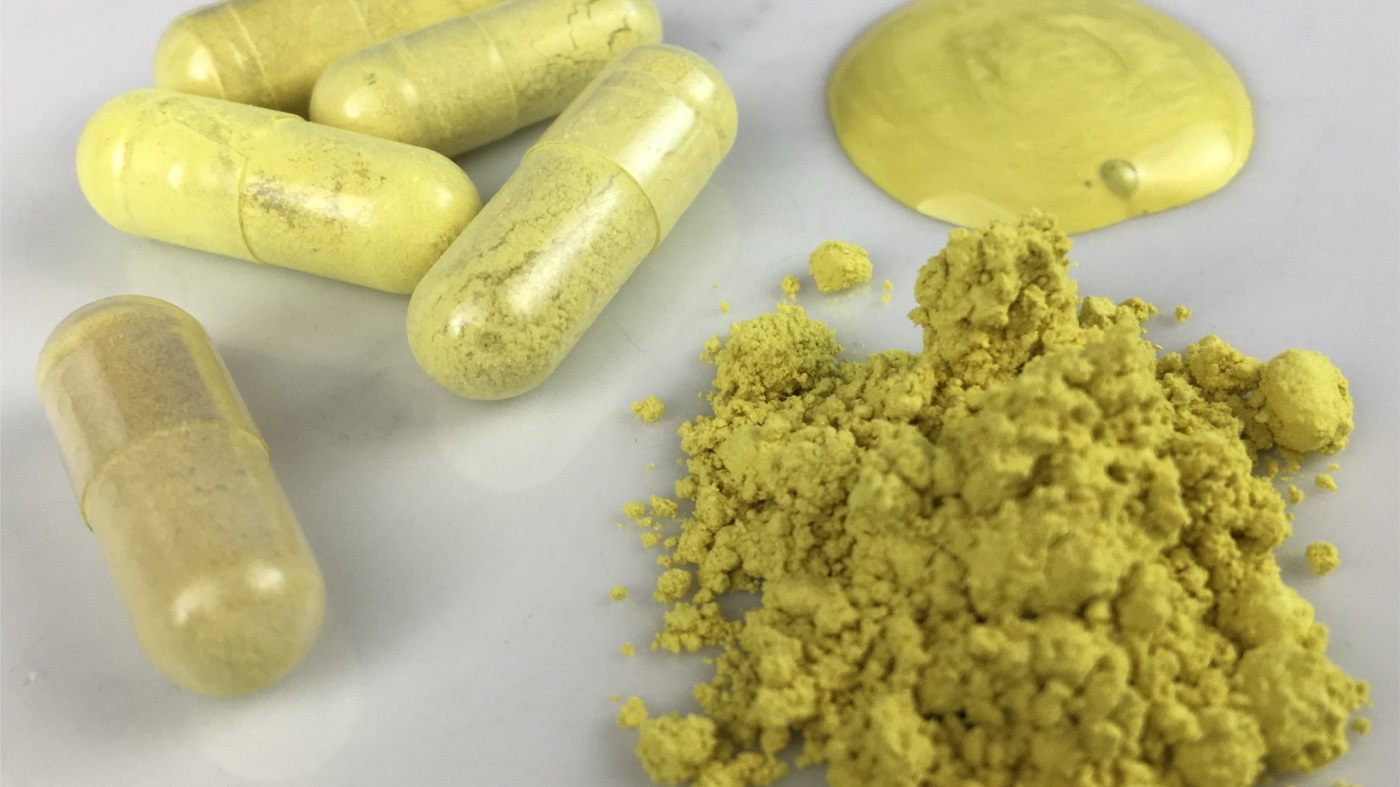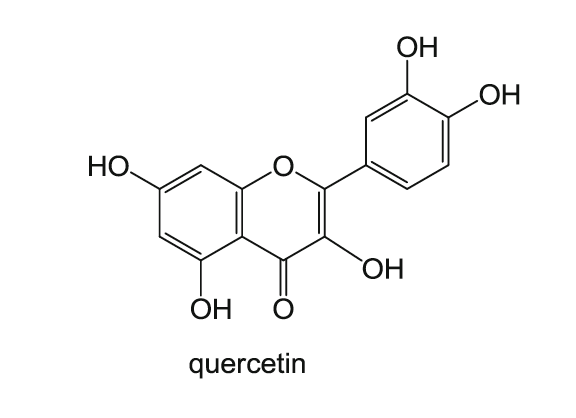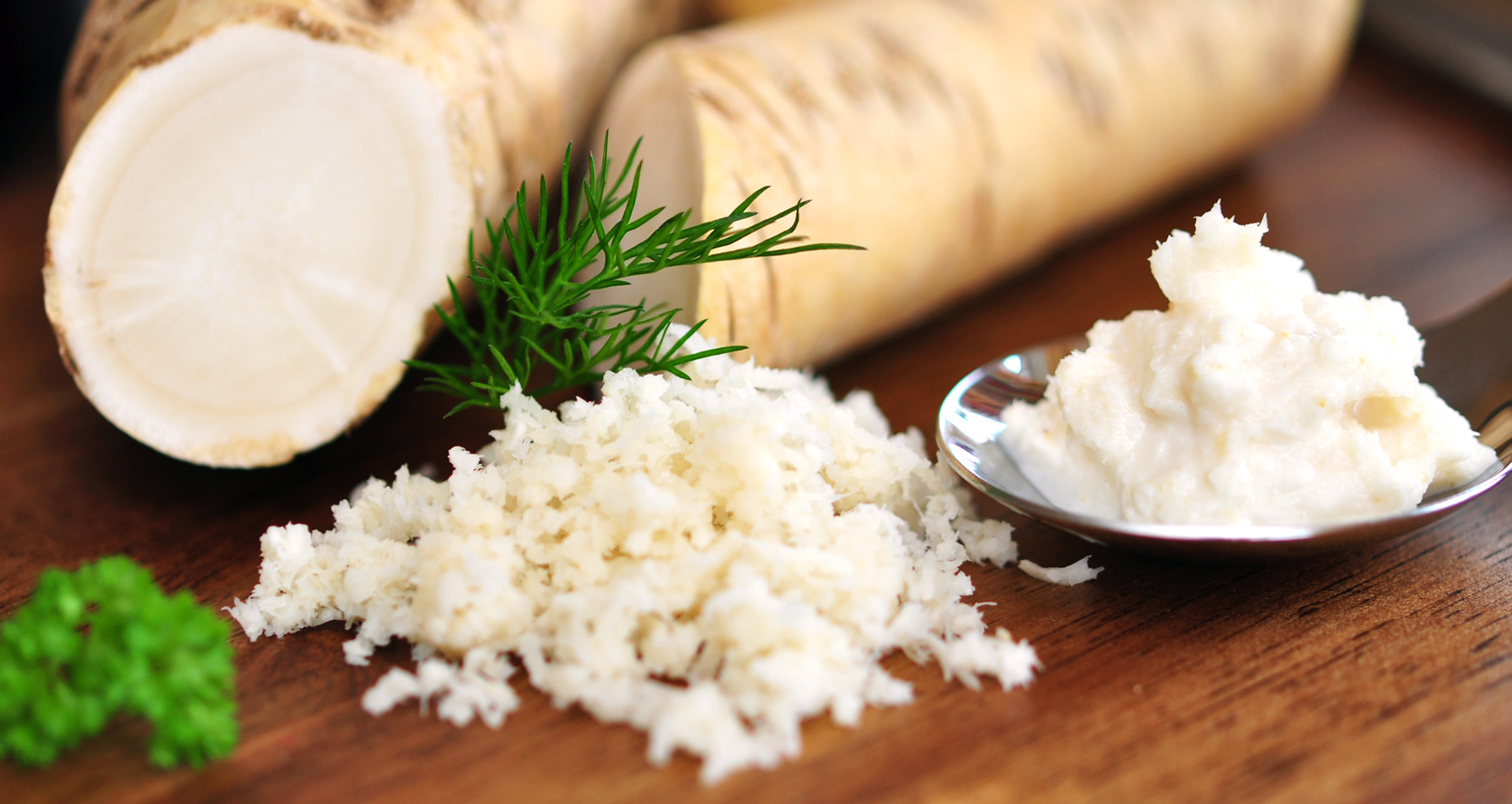“Live in the sunshine, swim the sea, drink the wild air” ~Ralph Waldo Emerson
There are plenty of good reasons to be outdoors this summer, and now we can add ‘safe haven’ to the list. As we all know, strict isolation strategies have been employed since mid-March to curb the spread of the pandemic. The resulting isolation, combined with fear of contagion and misinformation overload (“infodemic”) is creating a great deal of confusion and stress.[1]

There is no question that reducing the contact rate of latent individuals, and interventions such as quarantine and isolation, can effectively reduce the potential peak number of infections and delay the time of peak infection. However, as much as I believe this to be true as it applies to being indoors, I question whether being outdoors—even in groups—poses much risk at all. While there is still so much we don’t know about the virus transmission, we have yet to see proof or a strong likelihood that the outdoors poses a significant risk. In fact, research suggests it may be safer compared to indoors.
Continue reading “The Courage to Step into the Great Outdoors”







